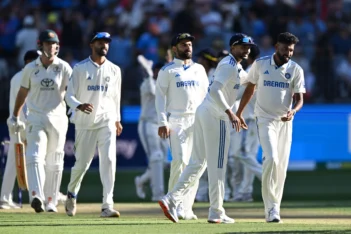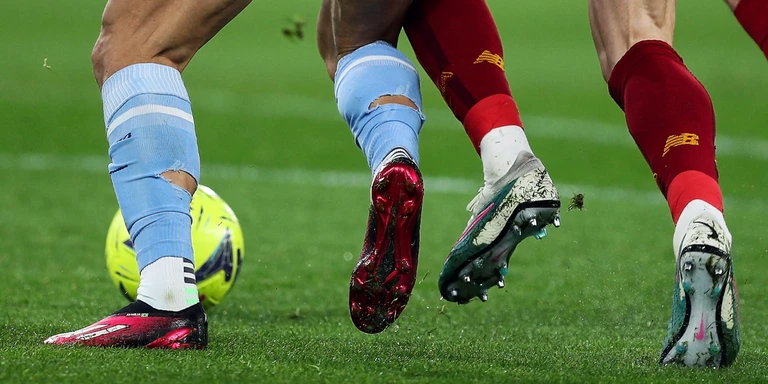FIFA Women’s World Cup 2023: The Women’s World Cup will take place in July and August, and the UK and other major European countries have urged FIFA and independent broadcasters to “quickly reach an agreement” about how it will be telecast. In a dispute over the price of broadcast rights, FIFA President Gianni Infantino has threatened not to broadcast the event in the UK, France, Germany, Italy, and Spain.Follow FIFA Women’s World Cup 2023 LIVE Updates on InsideSport.IN

Countdown to FIFA Women’s World Cup continues, 60 DAYS until KICK-OFF
The unified statement was released in response to FIFA President Gianni Infantino’s threat to cancel this summer’s premier competition. This year will mark the first time that football’s governing body will sell men’s and women’s edition broadcast rights separately.
However, Infantino singled out broadcasters from Europe’s ‘big five’ nations for their proposals of $1-10 million (£800k-£8m). These are far less than the $100 million to $200 million (£80 million to £160 million) spent on the men’s game, which he called “a slap in the face” for the “players” and “all women worldwide.
In order to “fully mobilise all stakeholders,” governments of those same nations have pushed broadcasters to “quickly reach an agreement” with FIFA. Up to two billion viewers may be watching via various broadcast channels in addition to the 1.5 million tickets that were sold for in-person viewing, underscoring the gravity of the situation and the necessity for a prompt resolution.
FIFA Women’s World Cup 2023: Nike REVEALS World Cup Kits for 13 teams,…
The governments from the five countries embroiled in the row have now said in a statement: “We, as sports ministers of European countries whose women’s national football teams have qualified for the FIFA Women’s World Cup to be held in Australia and New Zealand, from the 20th of July to the 20th of August 2023, have acknowledged with concern that until now, no television rights have been attributed for the matches broadcasting in our countries.”
“We are convinced that the media coverage of the Women’s World Cup will be decisive in improving the global visibility of women’s sports in our European countries.
“Media exposure to women’s sports has indeed a highly significant impact on the development of women’s and young girls’ sports practices.”
Unilever FIFA Deal: Unilever signs ONE-OF-KIND deal with FIFA until 2027, set to…
Since many kick-offs won’t match with “regular” hours in a European context, its location in Australia and New Zealand has presented the biggest challenges to far.In order for all parties to quickly come to an agreement, the governments have stated that they believe it is their duty to “fully mobilise all stakeholders.”
Beginning on July 20 with New Zealand vs. Norway, the World Cup concludes with the final on August 20. Less than one month will be given to broadcasters in Europe to secure a deal with FIFA. Given that Spain, Germany, England, and the USWNT are among the favourites to win the tournament, their ability to broadcast games will be even more important.
Follow InsideSport on GOOGLE NEWS / Follow FIFA Women’s World Cup LIVE Updates on InsideSport.IN
Editor's Pick
 Cricket
IND vs AUS 1st Test, Day 2 LIVE Score: Jaiswal off the mark, lead past 50
Cricket
IND vs AUS 1st Test, Day 2 LIVE Score: Jaiswal off the mark, lead past 50

















































